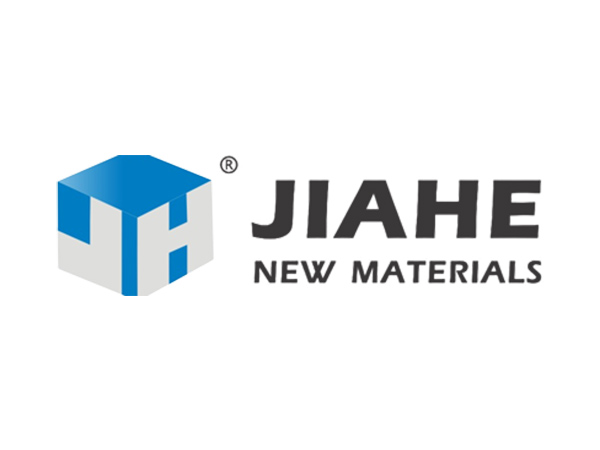Zeolit 4A is an important synthetic zeolite material, which has attracted widespread attention due to its unique physical and chemical properties and wide application fields. This article will explore the basic properties, main applications and future development prospects of Zeolit 4A.
I. Basic properties of Zeolit 4A
1. Structural characteristics:
Zeolit 4A is a synthetic zeolite with a cubic crystal structure. Its crystal structure is composed of aluminosilicates and has a three-dimensional pore network. Its chemical formula is Na12[(AlO2)12(SiO2)12]·27H2O. Its crystal structure has a high degree of regularity and stability, forming a molecular sieve structure with a specific pore size.
2. Adsorption characteristics:
Zeolit 4A has a pore size of about 4Å (ie 0.4 nanometers), which is suitable for separating and purifying molecules with a molecular weight of less than 4Å. It has excellent adsorption properties and can effectively capture and remove impurities in gases and liquids.
3. Ion exchange performance:
Due to the exchangeable sodium ions in the structure of Zeolit 4A, it has excellent ion exchange capacity and can be used in water treatment and wastewater treatment.
2. Development prospects of Zeolit 4A
1. New synthesis technology:
With the advancement of synthesis technology, it is expected that Zeolit 4A materials with higher selectivity and better performance will be developed in the future. New synthesis methods may improve the uniformity and stability of its pore structure.
2. Multifunctional composite materials:
Combining Zeolit 4A with other functional materials, such as nanomaterials and polymers, new composite materials with multiple functions can be developed. These composite materials may provide better performance in catalysis, separation and environmental protection.
3. Environment and sustainable development:
The application of Zeolit 4A in the field of environmental protection will continue to expand, especially in wastewater treatment and air purification. Future research will focus on improving its removal efficiency and adaptability to cope with the increasingly serious problem of environmental pollution.
4. Smart Materials: Combining Zeolit 4A with smart material technology can develop smart responsive materials that can automatically adjust their performance according to environmental changes and are suitable for more complex and dynamic application scenarios.


